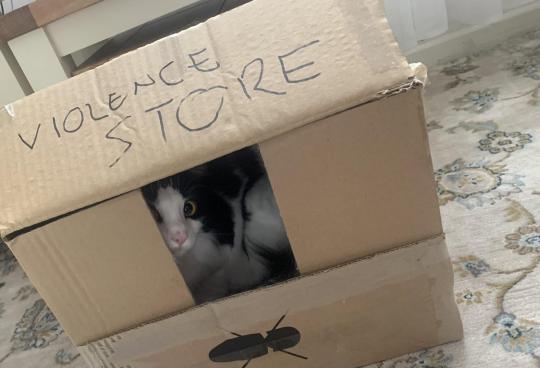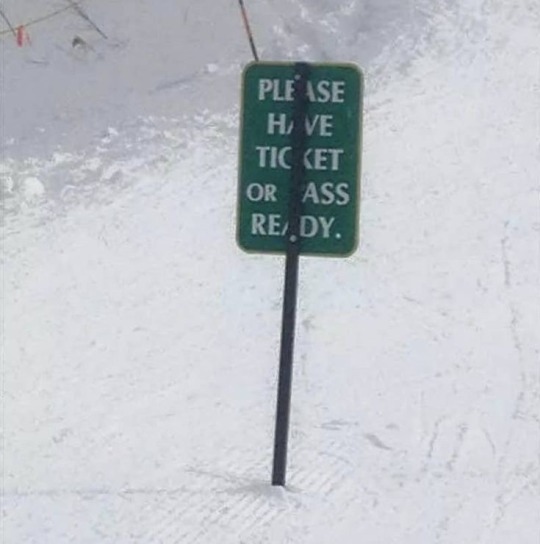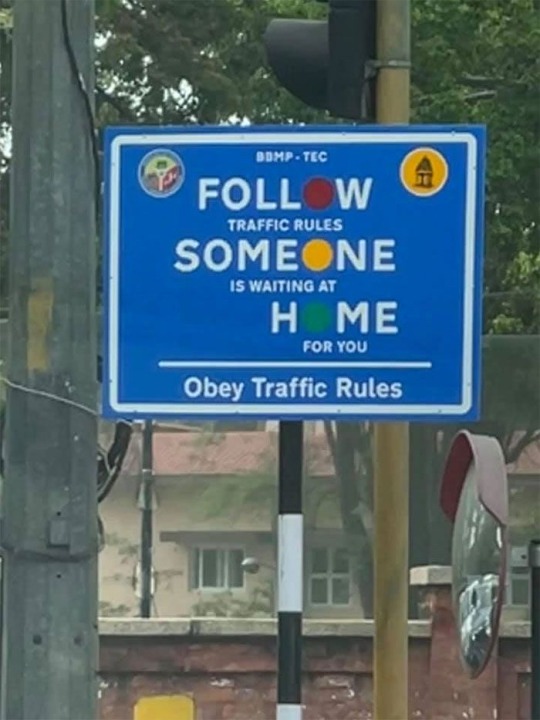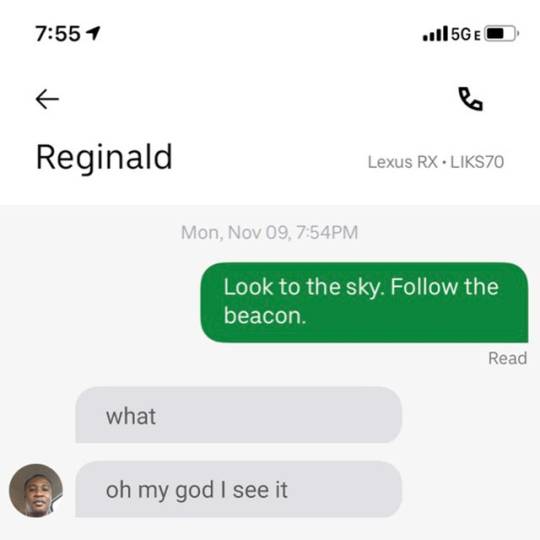Text
Consider:
Victorian England: 1837-1901
American Old West: 1803-1912
Meiji Restoration: 1868-1912
French privateering in the Gulf of Mexico: ended circa 1830
Conclusion: an adventuring party consisting of a Victorian gentleman thief, an Old West gunslinger, a disgraced former samurai, and an elderly French pirate is actually 100% historically plausible.
173K notes
·
View notes
Text
mutual masturbation where i’m touching my self and you’re humping my leg while we’re making out and i’m praising and/or degrading you
7K notes
·
View notes
Text
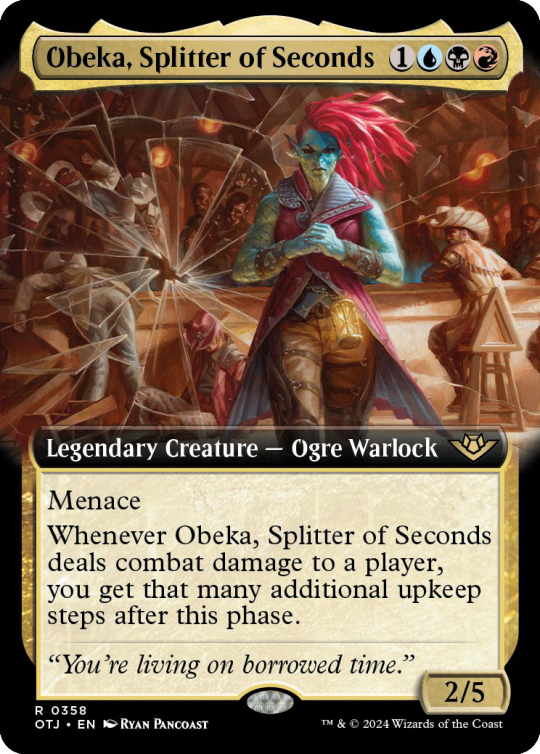
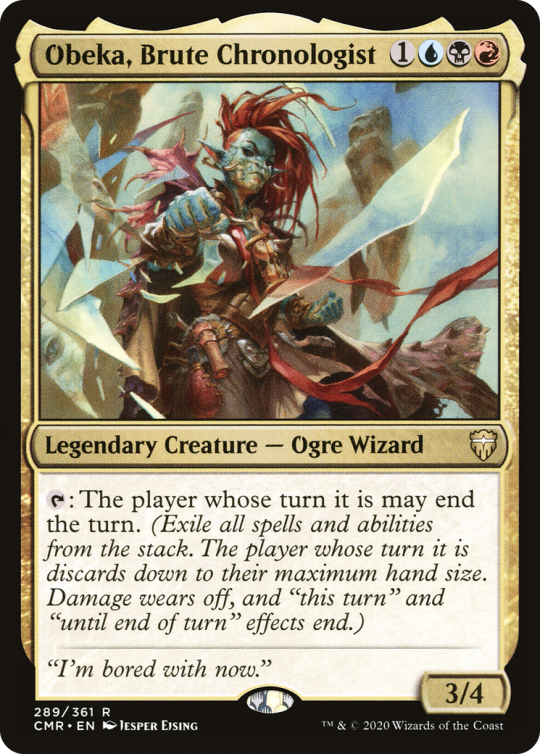
Did Tumblr know magic: the Gathering has a buff ogre woman who does time magic through brute force? And has some of the most unique effects in the game? I feel like that's something Tumblr would appreciate.
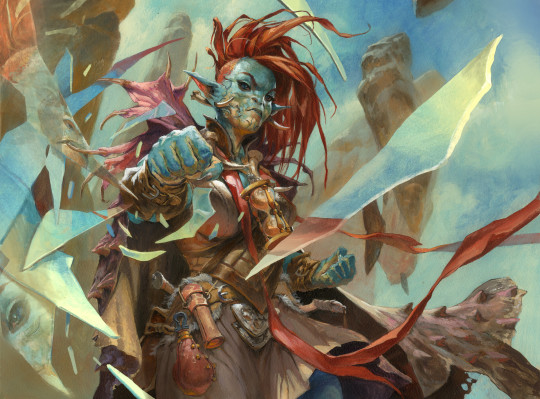
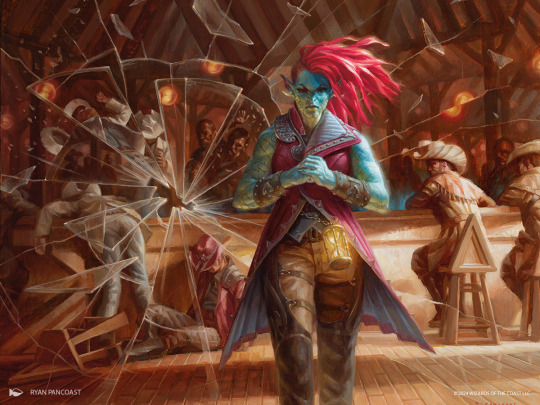
3K notes
·
View notes
Text
🦇🦇🦇🦇🦇🦇🦇🦇🦇🦇🦇🦇🦇🦇🦇🦇🦇🦇🦇🦇🦇🦇🦇🦇🦇🦇🦇🦇🦇🦇🦇🦇🦇🦇🦇🦇🦇🦇🦇🦇🦇🦇🦇🦇🦇🦇🦇🦇🦇🦇🦇🦇🦇🦇 ANTI DEPRESSION BAT ATTACK 🦇🦇🦇🦇🦇🦇🦇🦇🦇🦇🦇🦇🦇🦇🦇🦇🦇🦇🦇🦇🦇🦇🦇🦇🦇🦇🦇 🦇🦇🦇🦇🦇🦇🦇🦇🦇🦇🦇🦇🦇🦇🦇🦇🦇🦇🦇🦇🦇🦇🦇🦇🦇🦇🦇
92K notes
·
View notes
Text
“Oh boo hoo you shouldn’t ask your friends for favors we’re all adults”
I just spent three hours pulling up carpet and staples for a friend’s home renovation and we all did nothing but chat and joke and have wonderful conversation the whole time.
Helping somebody move or renovate or giving them a ride to the airport is functionally the same as going mini-golfing or playing a board game: it’s an activity that you do that is made more fun by having good company, and which provides something to talk about when the conversation lulls.
111K notes
·
View notes
Text
Hey (with the intentions of making you a priority in my life)
970 notes
·
View notes
Text
Need all my mutuals to know how much I care them
34K notes
·
View notes
Text
A TPK is basically a failure state for the whole group in an action-oriented tabletop RPG, especially one where there is an extended narrative being told. A TPK means that the game ends for everyone. The whole group has to make a whole new party and start again.
It's an acceptable failure state in a traditional challenge game. You simply roll up a new character or flesh out one of your named followers. Lots of older school challenge games even have rules supporting some type of inheritance, where players can put some amount of money aside to be transferred to a new character in the event of their current character's death.
But a TPK isn't a desired outcome in a game that uses a challenge game engine but tries to have an extended narrative. Because a TPK means the continuity of characters involved in the narrative is broken.
I think this leads to a perverse incentive where these games make overcoming obstacles, especially lethal ones, into the most fun activity, but if a group wants to use the game as a platform for story-telling beyond "a bunch of adventurers try to get rich by doing dangerous shit" then the person running the game is encouraged to run encounters that have the appearance of being dangerous encounters, but they can't actually ever be too dangerous.
And I mean the fact that creating characters in lots of these types of games requires a number of elaborate steps means that there is a further disincentive to actually kill off characters.
The arduous process of character creation runs counter to a challenge game when systems only support death as a failure state. But if the game is being used to tell an extended narrative then there are many incentives in place for the GM not to actually challenge the players lethally, but because combat is often the most interesting part of gameplay it means that low-stakes narratively unfulfilling combat often become the norm. And once players grow wise to the fact that their characters' survival is required for the sake of narrative continuity it destroys a lot of tension.
Of course there would be various ways to address this but I'm unsure whether these will ever be popularized:
Not treating death as the only failure state, even in combat.
Being explicit in your design goals, i.e. should the primary mode of engaging with the game be to engage in challenges or to tell an extended narrative that sometimes include action scenes.
Treating failure in action scenes as not a Game Over, but a potential story branch.
There isn't a one size fits all solution to these issues. A lot of these I feel arise from tradition and the fact that certain assumptions of RPGs have gone unexamined even as playstyles have changed. And this isn't an universal issue: I feel Break!! (a newer adventure RPG with a very traditional structure) averts some of these issues both through having failure states beyond death and having relatively straightforward character creation, so even in the event of death making a new character isn't a huge hurdle. But in general I feel lots of RPG designers working on traditional action-oriented games where death is the only major failure state neglect to think about these things
636 notes
·
View notes
Text
I feel cheated. no one on Reddit told me that tumblr is a serotonin factory. Keep liking and reblogging my posts please thanks
171K notes
·
View notes
